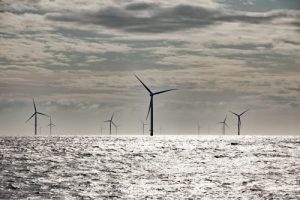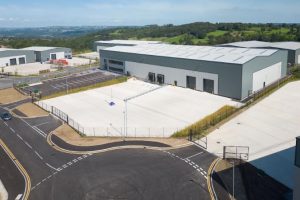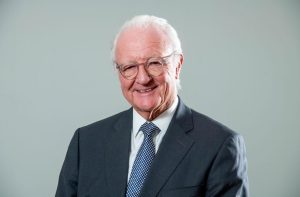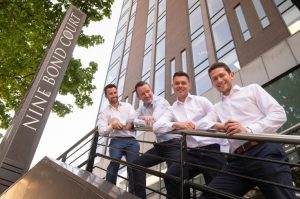Lords challenge £50bn HS2 plan

THE case for HS2 has not been made convincingly and the UK Government should learn lessons from France in developing high speed rail, according to the House of Lords Economic Affairs Committee,
In a report published today, the Committee has argued that the Government has not yet made a persuasive case for why it is necessary, as the cost per mile is estimated to be nine times higher than the cost of constructing high speed lines in France.
The Committee argues there is a strong case for improving the trans-Pennine links or building the northern legs of HS2 first, both of which could be a better way of rebalancing the economy than building the southern leg of HS2.
The report suggests that the huge public subsidy to HS2, an estimated net £31.5bn, conflicts with the Government’s declared objective of making rail less dependent on public subsidy.
Lord Hollick, chairman of the House of Lords Economic Affairs Committee said: “At £50bn HS2 will be one of the most expensive infrastructure projects ever undertaken in the UK but the Government have not yet made a convincing case for why it is necessary.
“The Committee are supportive of investment in rail infrastructure, but are not convinced that HS2 as currently proposed is the best way to deliver that investment.
“Full information on railway usage has not been made publicly available by the Government on grounds of commercial sensitivity. The investment of £50bn investment of public money demands nothing less than full transparency.”
The report also points out that the cost-benefit analysis for HS2 relies on out-of-date evidence, some dating back to 1994. The Government’s claim that the cost-benefit analysis placed HS2 in the high value-for-money category was disputed by a number of witnesses, who assessed it as being in the bottom 10% of projects.
Jonathan Isaby, chief executive of the TaxPayers’ Alliance, believes “it is time to scrap this scheme before taxpayers get landed with the bill for a costly white elephant”.
He added: “This damning report takes apart every one of the arguments for HS2 and taxpayers will demand that politicians listen.
“There is no capacity case, no business case and no value for money case, and this expensive vanity project will take scarce resources away from where they’re really needed on the rail network.”
However the Department for Transport has defended the plans, saying the case for HS2 is “crystal clear”.
A spokesperson said: “It will have a transformational effect, supporting growth in the north by improving connectivity, freeing up space on our crowded rail network, promoting regeneration, boosting local skills, generating tens of thousands of jobs and helping secure the UK’s future prosperity.
“It is a vital part of the government’s long-term economic plan, strongly supported by northern and midland cities, alongside our plans for better east-west rail links confirmed in the Northern Transport Strategy last week.
“We have been fulIy transparent about the project. HS2 will deliver over £2 of benefits for every £1 invested and the economic benefit of the project was recognised by MPs of all parties who voted 452 to 41 in favour of HS2 at the second reading of the hybrid Bill. Their strong support is shared by the Transport Select Committee which backs the strategic business case and is confident that HS2 is the only practical way to significantly increase rail capacity.
“Demand for long distance rail travel has doubled in the past 15 years and without HS2 key rail routes connecting London, the midlands and the north will soon be overwhelmed, stifling growth in towns and cities across the country. It is crucial we press ahead with delivering HS2 on time and budget and we remain on track to start construction in 2017.”
Paul Hirst, head of the transport sector group at Addleshaw Goddard, said: “The report highlights the fact that HS2 is not a done deal.
“We need to be careful that just because it’s got cross-party support we think that it will definitely go ahead. There needs to be articulate support to get it over the line because the risk is that it might not happen.
“How you value some of the benefits that come from HS2 is quite difficult – it’s a transformational project.
“From a regional point of view we need to make the case about connectivity. The connectivity benefits drive economic growth.”
The Lords’ Committee also argued that London would most likely be the biggest beneficiary from HS2, although KPMG’s UK head of infrastructure disagreed.
Richard Threlfall said: “KPMG’s 2013 report into the regional economic impact of HS2 concluded that the proposed HS2 network would deliver up to £15bn per annum of additional economic output for the UK, and benefit Leeds, Sheffield and the other regional cities on the route more than it would benefit London.”







